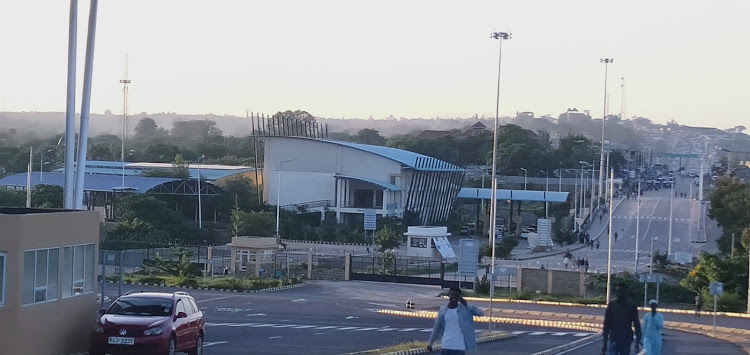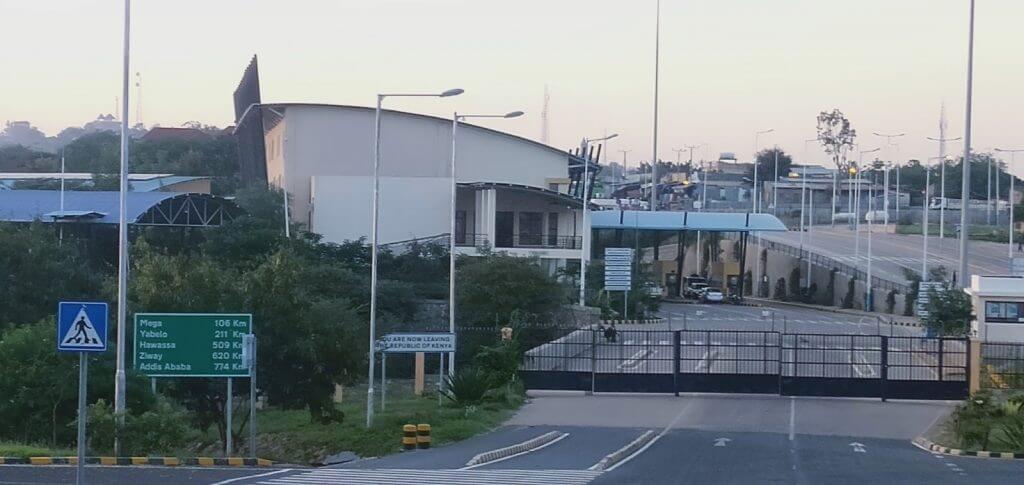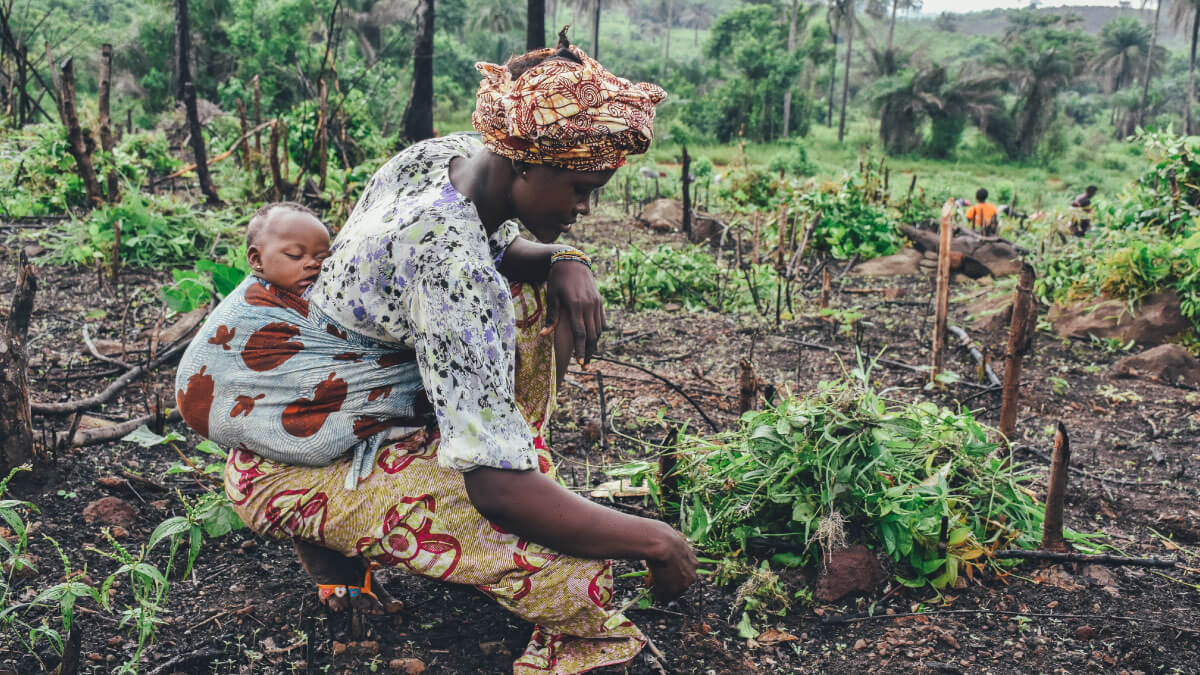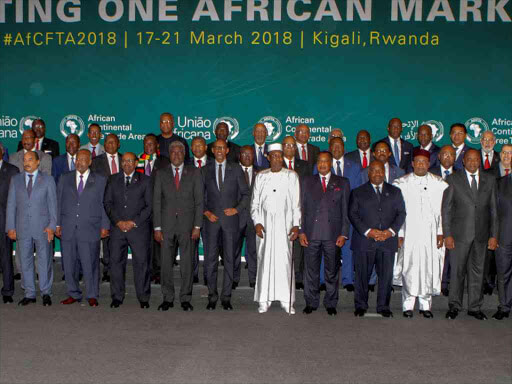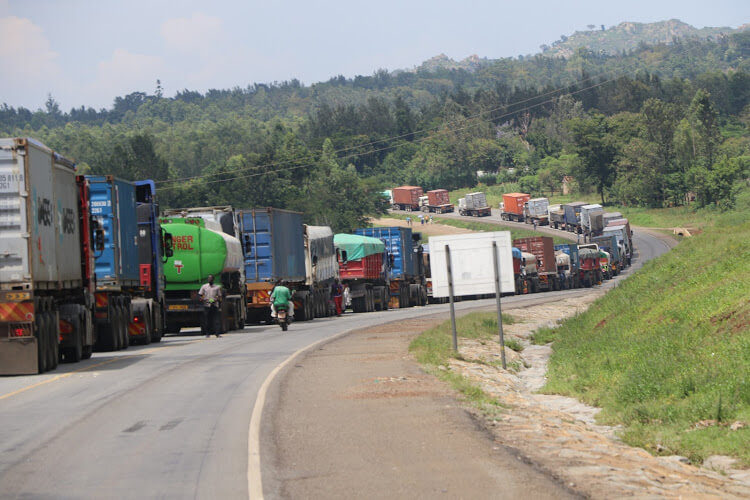In Summary Expected to boost trade between Kenya and Ethiopia. Becomes the fifth OSBP for Kenya with other operational ones being Busia, Malaba, Namanga and Taveta. Trade between Kenya and Ethiopia has received a major boost with the operationalisation of the Moyale One-Stop Border Post . Operations commenced yesterday, and border officials clearing traffic, cargo and persons from both Ethiopia and Kenya will now physically relocate and sit side by side on either side of the border. Under the One-Stop Border Post (OSBP) framework, clearance is done once and individuals or truckers need not get cleared on the other side of the border. The OSBP was commissioned in December 2020 by President Uhuru Kenyatta and Prime Minister Abiy Ahmed, but had not come into operation. The move is expected to boost trade between the two neighbouring nations, as well as promoe regional and economic integration between the East African and Horn of Africa regions. Moyale is the only gazetted border crossing point between Ethiopia and Kenya. A fully functional OSBP is expected to reduce the border crossing time by at least 30 per cent, to enable faster movement of cargo and people. A baseline survey by TradeMark Africa (TMA) in 2017 indicates that it takes on average, 21 hours and 52 minutes (Kenya-Ethiopia) and 12.5 hours (Ethiopia-Kenya) for a cargo truck to cross the border. “ The establishment of the OSBP will have a significant role in improving cross border trade and free movement of people," said Mengistu Tefera, Ethiopia’s head of...
Boost for LAPSSET as Moyale border becomes seamless
Posted on: June 10, 2021
Posted on: June 10, 2021

